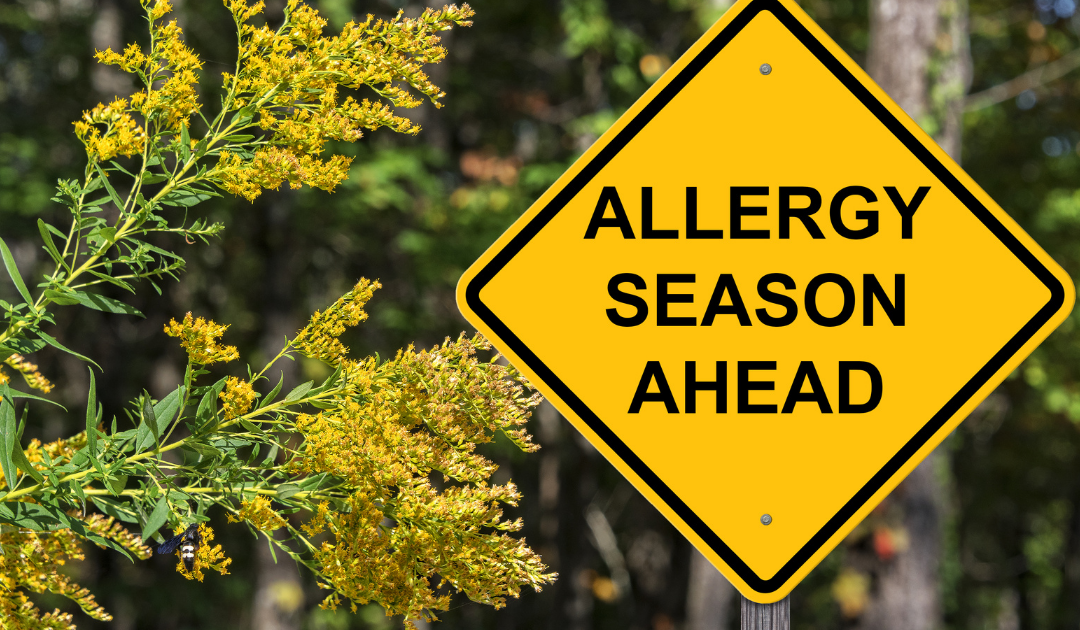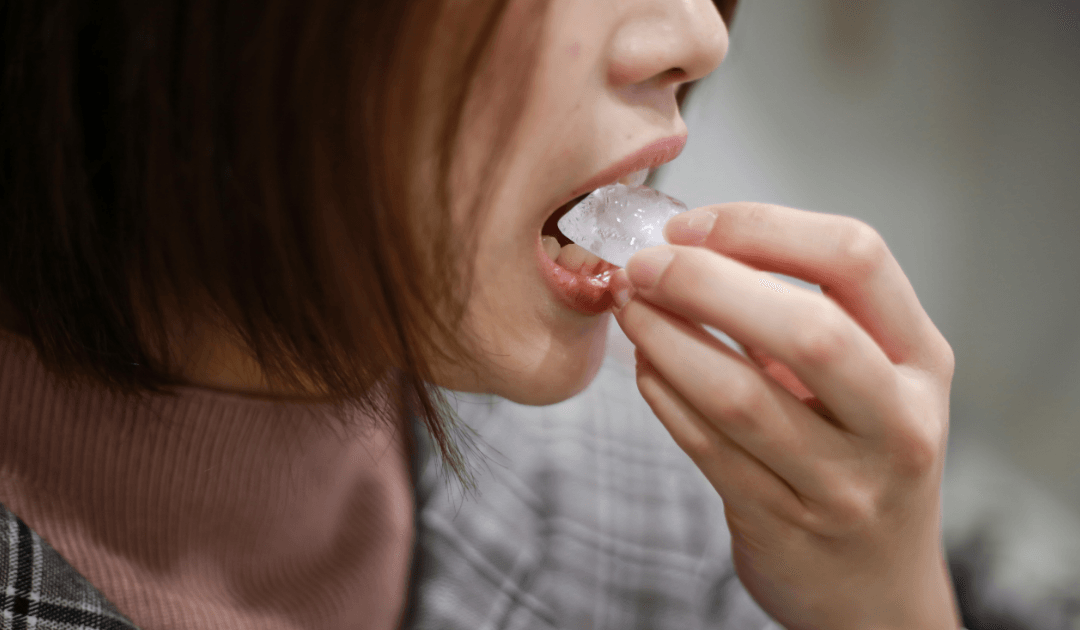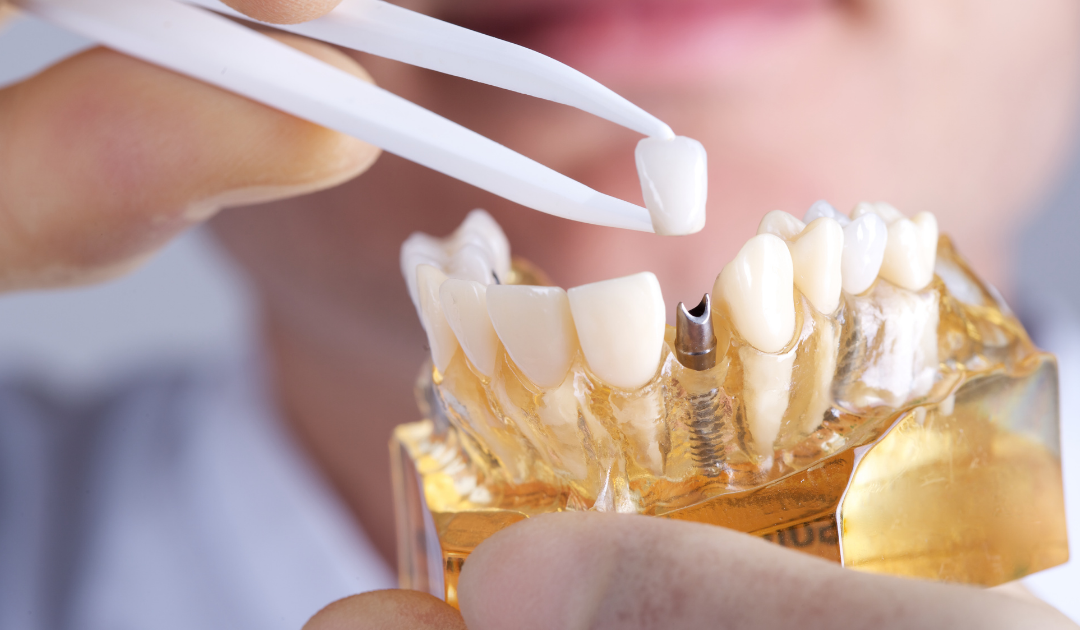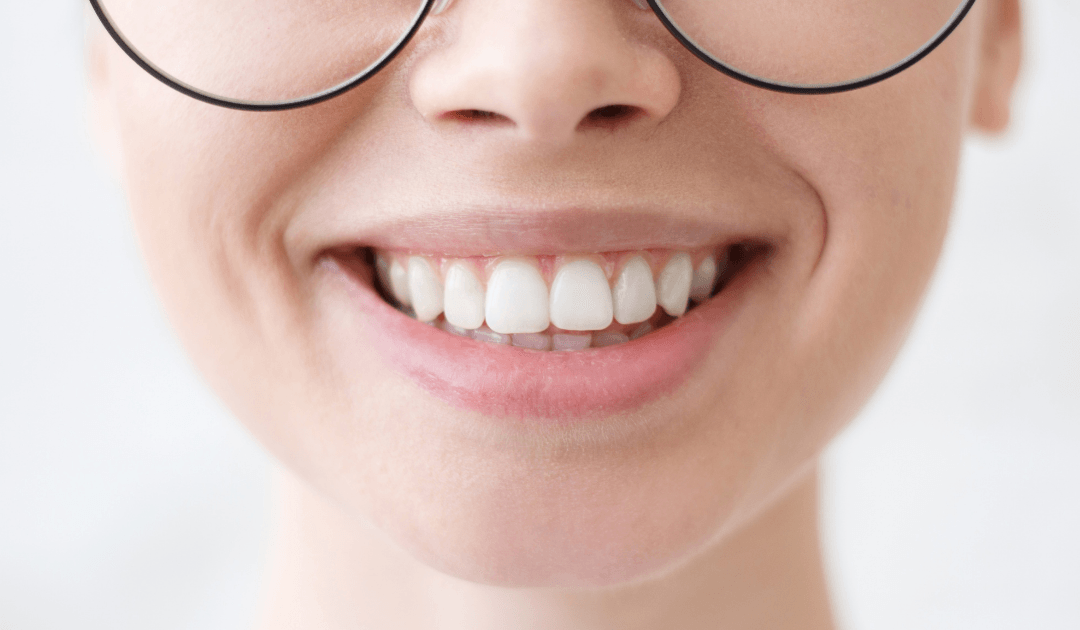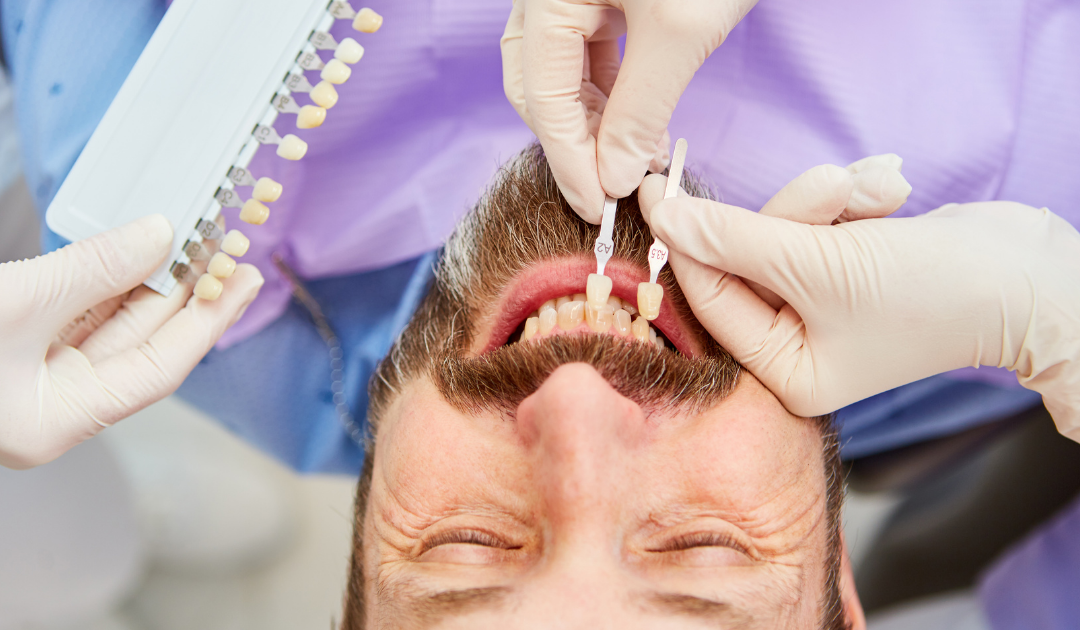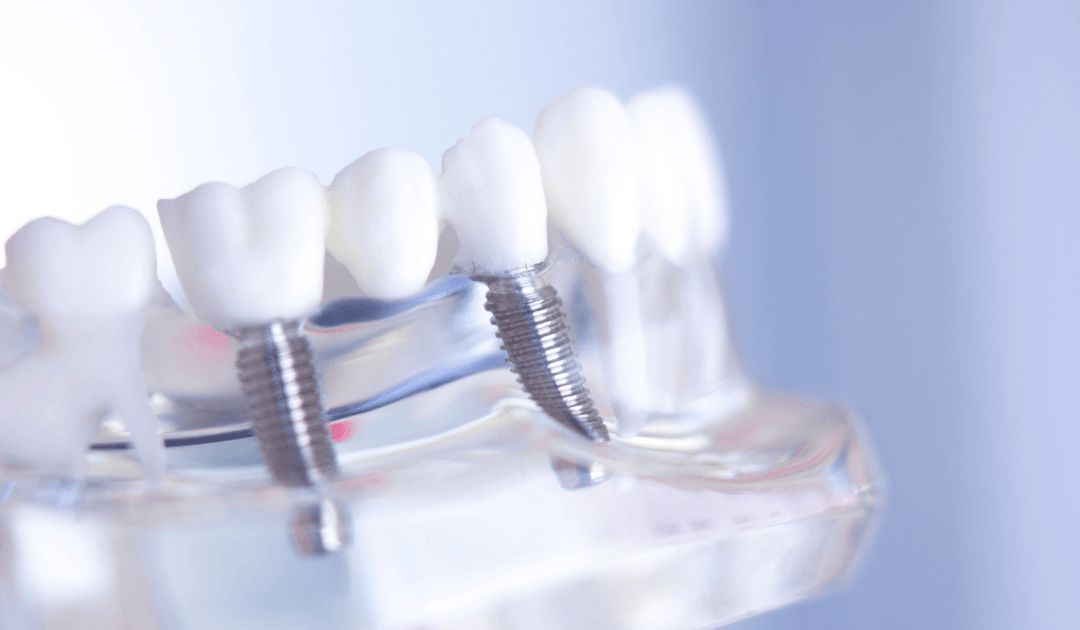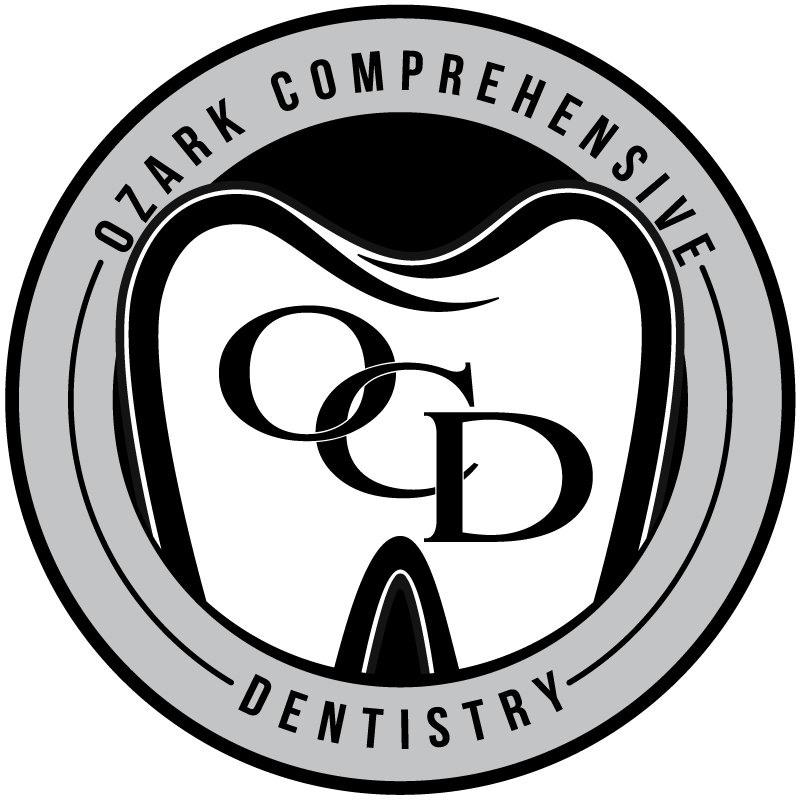Why Do I Have Bad Breath?
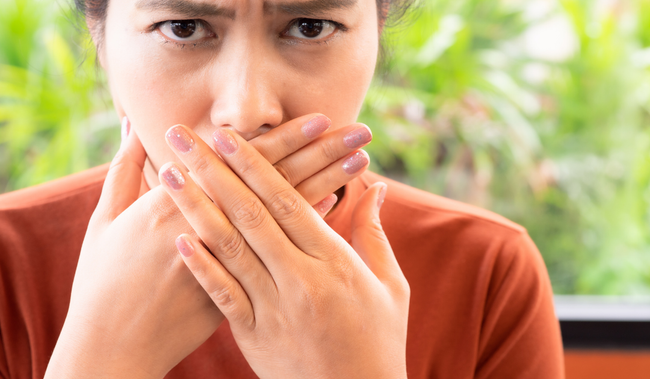
Everyone has had bad breath at some point in their life. It’d be strange if you’ve never experienced bad breath! Maybe you can’t get enough garlic bread, or you had a more extended day than you thought you would, and it’s been a bit too long since you last brushed your teeth. Bad breath, also known as halitosis, is something that almost 33% of our population experienced regularly. The primary cause (aside from smelly food) is the bacteria that live in our mouth that’s responsible for breaking down food and proteins. The breakdown of food matter leads to the production and release of volatile sulfur compounds (VSCs), which smell less than ideal. The good news is, you can help to control the smell caused by this bacteria depending on what the culprit is!
You Just Can’t Get Enough Extra Garlic and Onions
This probably sounds like a no-brainer, but these vegetables are a member of what’s called the Allium family. They contain high concentrations of sulfur compounds, which, as we mentioned above, is one of the critical causes of bad breath. The pungent aroma that you associate with garlic is due to the allicin created when you crush it. To combat this odor, you should brush and floss immediately after consuming a large portion of onions or garlic. It may not completely eliminate the smell as the smell of garlic can linger for up to two whole days!
Your Teeth Have a Little Too Much Plaque On Them
Plaque is a bacterial film that forms on your teeth if they’re not taken care of daily. They can lead to the production of those nasty-smelling VSCs we mentioned earlier. Thankfully, this is an easy fix. You should see your dentist regularly and practice an excellent at-home oral regimen. It’s crucial to incorporate flossing into this routine to ensure 100% of the plaque is removed, so no undesirable VSCs begin to form.
You’re Experiencing “Dry Mouth” On a Daily Basis
Saliva is a natural deterrent to bad breath because it helps wash away any bacteria that could produce volatile sulfur compounds. There are various medications that have the side effect of “dry mouth,” so it’s not uncommon to experience this sensation. There are special dry mouth tablets that can help to increase your saliva production. If you’re not a fan of having a continuous piece of hard candy in your mouth, you can also challenge yourself to drink more water throughout the day. It’s also been recommended to chew sugar-free gum throughout the day to help encourage saliva production.
Beyond these common causes of bad breath, there is a chance that your bad breath is indicative of a more serious medical condition like gum disease, allergies, lactose intolerance, or diabetes. If you’re worried your bad breath is more serious, you should reach out to your dentist right away. For more information or to schedule an appointment, give us a call at 479-337-4070.
